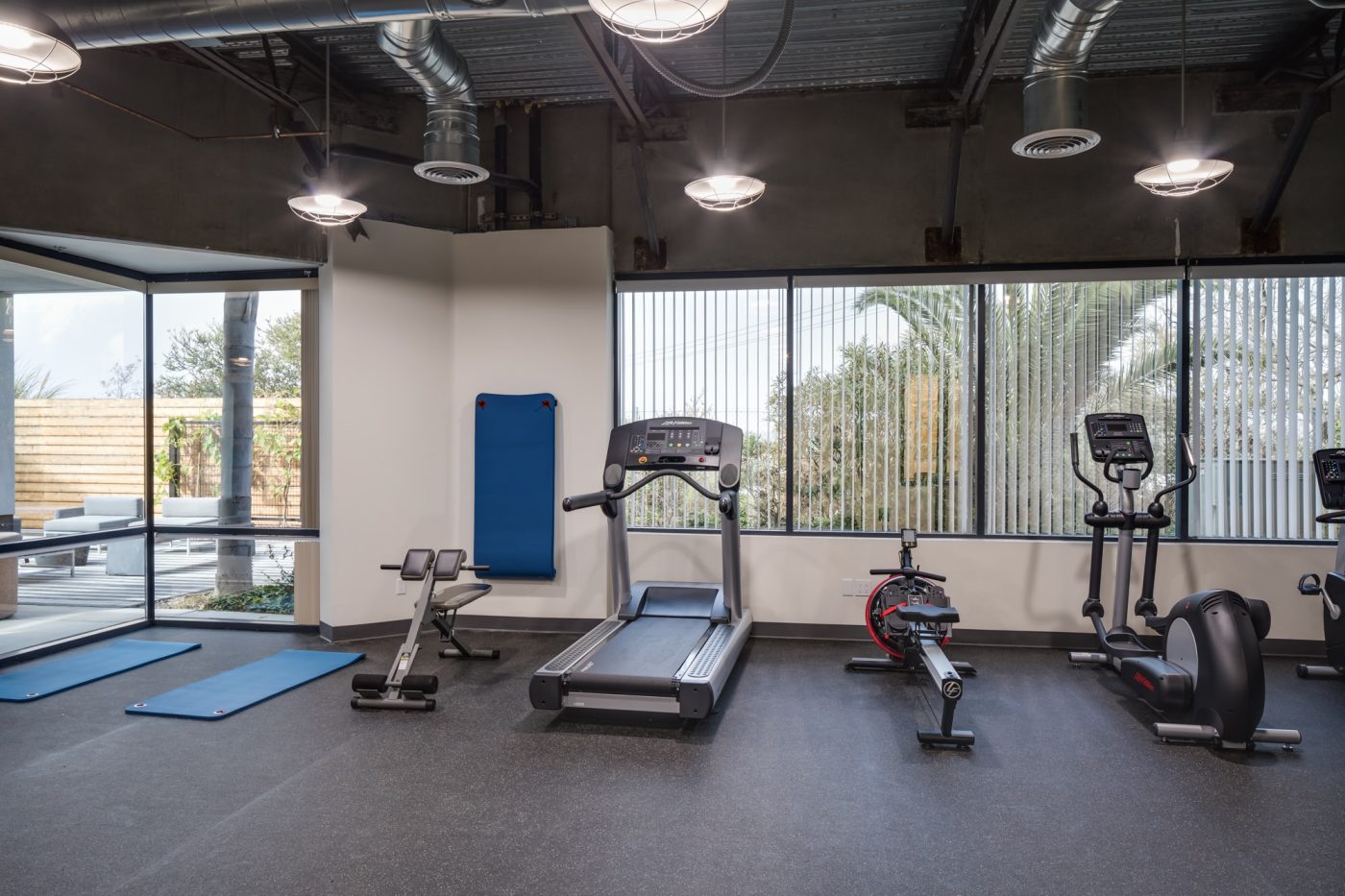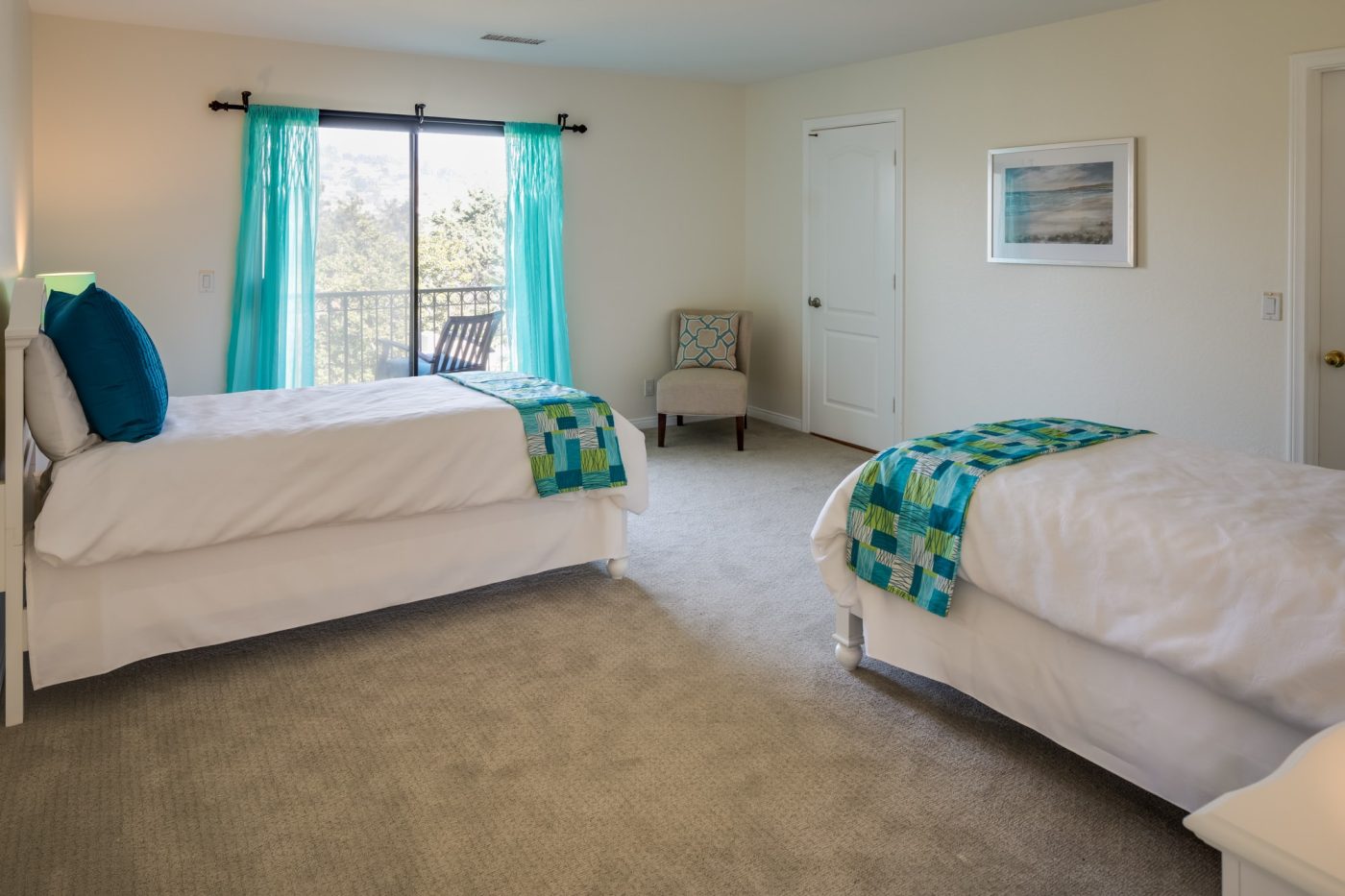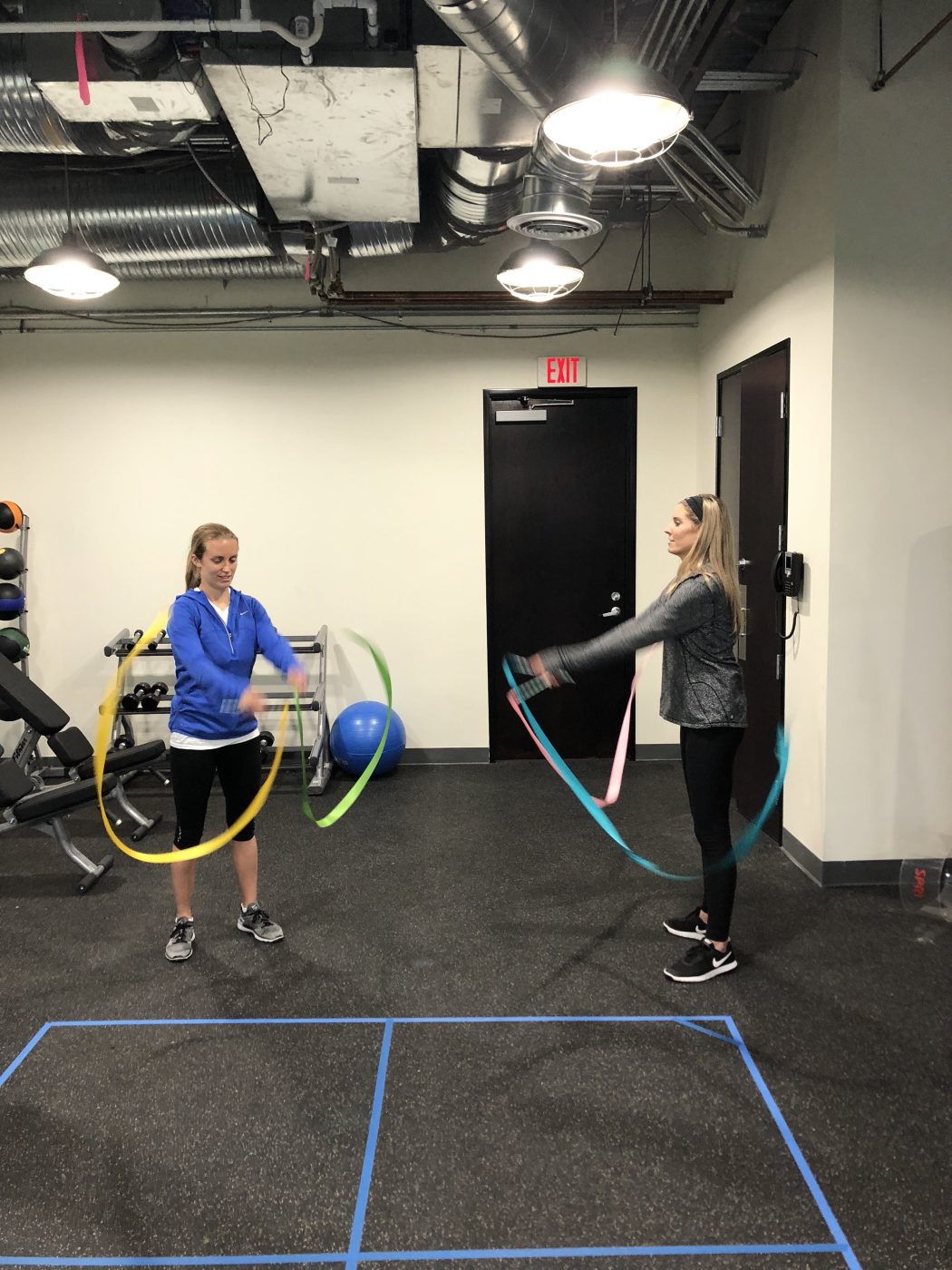Proudly serving Southern California, Montecatini Eating Disorder Treatment Center has helped transform the lives of females, ages 12 and older, struggling with eating disorders for over 30 years.
Eating Disorder Treatment
Learn more about eating disorder treatment at Montecatini Eating Disorder Treatment Center in Southern California
Seeking treatment and healing from an eating disorder may be one be the bravest and most important decisions a person can make in her lifetime. We know the extraordinary courage it takes to address the physical, emotional, mental, and spiritual aspects of living with an eating disorder, and how vital it is to feel safe and supported. That is why, in a serene and intimate environment, each patient’s treatment plan is customized to address her unique challenges, her unique family dynamics and history, her unique dreams for the future, and so much more. Our approach is collaborative and highly personalized, born out of true empathy and compassion.
If you are suffering from an eating disorder of any kind, know that you are not alone and that healing your relationship with food and your body is possible. We believe that your true self lives beneath the surface layer of the eating disorder, and during every moment of the recovery process, we are here to remind you that she is worth fighting for, and without a doubt, beautiful.
Helping a Loved One
Helping a loved one get treatment for eating disorders
Eating disorders can be painful not only for those suffering from them, but also for the people who love someone with an eating disorder. Perhaps your loved one is a friend, daughter, partner, relative, or sister. The strain of watching her weight fluctuate or drop precipitously, combined with a feeling of being unable to do anything to help, can be entirely overwhelming. Thankfully, you can take the following steps to help your loved one find healing:
- Research your loved one’s eating disorder. Read about it and speak with treatment professionals who may be able to give you suggestions on how to help.
- Have an open conversation with your loved one. Share what you have observed, reiterate your concerns, and reaffirm how much you love her.
- Create a plan together for what to do should your loved one experience a medical emergency.
- Research treatment options and find a few rehab centers that you feel may be a good fit for your loved one. Present your findings to her, and encourage her to reach out to treatment providers to learn more about their programming.
- Once your loved one has decided to enter treatment, offer to help her with arranging appointments and accompany her to meetings with rehab center staff. Remain an active part of her treatment, and make sure to check in with her and her treatment providers regularly.
- Be sure to follow her timeline. As with any healing journey, there are likely to be stops and starts. Remain patient with her and reaffirm that you will stand beside her for as long as it takes for her to heal.
- Do not forget about yourself. In taking care of a loved one with an eating disorder, it is also important to take care of yourself, so make time for activities that replenish you, such as hobbies and social gatherings. You might also consider joining a support group for people whose loved ones are struggling with an eating disorder.
- Consider attending our free ANAD Family and Friends Support Group that we host every Wednesday.
Why Consider Treatment
Why consider treatment for eating disorders
Eating disorders are progressive and debilitating illnesses that, when left untreated, have the highest mortality rate of any mental illness. Depending on which eating disorder a person struggles with, she may suffer from malnutrition, obesity, organ damage, diabetes, and developmental problems, as well as other mental health disorders. Because of their pernicious and systemic nature, it is not enough to merely treat the physiological symptoms of an eating disorder. Instead, a person must also receive care for the co-occurring psychological issues that may cause her to return to her unhealthy eating behaviors. If treatment is to be truly successful in the long-term, it is important that each person receives a full spectrum of physiological and psychological treatment.
Why consider Montecatini
- Treatment is provided in a warm, family-like atmosphere.
- Programming is supplied by staff who demonstrate true empathy.
- Customized, multi-dimensional rehab treatment plans are created for each patient.
- Skill-building opportunities are provided so that patients can learn to integrate healthy behaviors into daily living.
- Personalized, consistent care is afforded to each patient.
- Comprehensive family support and therapy are integral parts of treatment at Montecatini.
- Simultaneous treatment for co-occurring disorders is available.
- Renowned medical and psychiatric management round out the therapeutic services we offer.
- Nutrition therapy is factored into each patient’s treatment in order to help them reestablish a healthy relationship with food.
- A full continuum of care is offered in order to ensure each patient’s long-term recovery.
At Montecatini, we believe that no matter how long you have suffered from an eating disorder, recovery is possible, and hope is manifested daily as we work together in support of your long-term healing and inner-peace.
Types of Treatment
Types of eating disorder treatment offered at Montecatini Eating Disorder Treatment Center
Since treating our very first patient in 1991, Montecatini has helped inspire and transform the lives of hundreds of women. We are nationally recognized as a leading provider of eating disorder treatment and are dedicated to helping our patients resume their lives as healthy, joyful individuals who are ready to live to their fullest potential. Women between the ages of 16 and 55 can heal in our residential, partial hospitalization, and intensive outpatient programs. These programs are designed to help our patients overcome anorexia nervosa, bulimia nervosa, or binge-eating disorder, as well as co-occurring mental health disorders.
Montecatini is located just three miles from the Pacific Coastline in picturesque Carlsbad, California. The center itself exudes the comfort and safety akin to being at home, and our staff puts forth every effort to ensure that the atmosphere we create is both peaceful and conducive to recovery. Each patient is treated with the utmost respect and dignity, and her care will be personalized to her unique history, challenges, life experiences, and needs.
Our staff of passionate and devoted professionals, many of whom have overcome their own struggles with eating disorders, work in close collaboration with each patient who comes to us for treatment. By creating personalized plans for every person who chooses to heal with us, we are able to provide the highest quality of care, while honoring the individuality of each patient. Depending upon the outcome of an initial assessment, patients may have the following interventions incorporated into their customized treatment plans:
Medical care: For patients who are medically stable, yet still require additional care for their physical health as they navigate the recovery process, Montecatini is pleased to offer renowned medical care. As a distinguished provider of eating disorder treatment, we recognize that the physical health of our patients can be compromised by the presence of an eating disorder. We also partner with specialists in San Diego to ensure our patients’ medical needs are appropriately met.
Medication management: When a patient comes to us battling a mental health condition in addition to an eating disorder, she may benefit from the inclusion of certain medication(s). Our psychiatrist is available to meet with patients once per week to assess medication needs, prescribe medication, and adjust dosages as needed. Physician’s assistants and nurses are also available to monitor the effectiveness of any medication that is prescribed, and to ensure that patients are adhering to medication regimens.
Individual therapy: Individual therapy occurs three times per week. Each patient meets with her assigned primary therapist in a one-on-one setting, which is an excellent forum to assess progress and discuss setbacks and successes that have occurred during treatment.
Family therapy: Each patient’s family members are invited to participate in family therapy sessions while their loved one is receiving treatment. This treatment method, offered once per week unless indicated otherwise, is designed to heal emotional wounds and promote unity among our patients and their primary support networks.
Group therapy: Offered up to five times per day, group therapy is a key component of treatment at Montecatini. Led by therapists, registered dietitians, nurses, patient assistants, yoga instructors, and art therapists, group therapy covers a wide range of topics that can further the recovery process and provides an excellent forum for patients to gain support and encouragement from staff members and other patients. Groups that may be incorporated into a patient’s treatment plan include the following:
- Interpersonal process group
- Dialectical behavior therapy (DBT)
- Cognitive-behavioral therapy (CBT)
- Expressive arts therapy
- Relapse prevention
- Body image
- Nutrition counseling and education group
- Spirituality/12-Step group
- Yoga
- NIA
- Mindfulness/meditation
- Action planning
- Family weekend incentives
- Outside 12-Step group
- Exposure therapy
- Menu planning and meal preparation
- Food and feelings group
Experiential therapy: In order to help our patients nurture the mind-body connection and apply learned skills in real-world settings, we are proud to offer a number of experiential therapy opportunities. Experiential therapies complement the other therapeutic interventions we provide and typically take place once per week. Depending on the patient’s needs, the following may be part of her personalized treatment plan:
- Clothes shopping
- Restaurant outings
- Beach trips
- Grocery shopping
- Challenge food outings
- Group dinners
Our experienced staff members, many of whom have specialized training in therapeutic techniques and treating a myriad of co-occurring conditions, assess patients’ needs on an ongoing basis and can recommend additional interventions if they are determined to be conducive to a patient’s recovery.
Because we realize that the recovery process does not end with the completion of residential rehab, Montecatini purposefully begins preparing our patients for discharge on the day they are admitted to our program. Many of our patients transition to our partial hospitalization program (PHP) after completing our residential treatment, and then step down to our intensive outpatient program (IOP) after completing PHP. Each patient’s primary therapist determines and coordinates the most appropriate follow-up and aftercare services, and alumni of our program are welcome to attend our weekly support groups and Alumni Events and Celebrations for a long as they wish. Our goal is to help our patients return to lives that are not only functional, but joyful and deeply supported as well.
Articles
Articles about eating disorders
- 20 Things To Do Instead Of An Eating Disorder
- Antidepressants and Eating Disorders
- Binge Eating Disorder Added to DSM 5
- Boundaries at Work for Eating Disorders
- Boundaries Should Be In Place Before Dating with ED
- Boundaries With Family and Eating Disorders
- Comparing is Like Rogaine for an Eating Disorder
- Creative Meditation For Eating Disorders
- The Dangers of Diabulimia
- Eating Disorder Myth
- Eating Disorders are a Family Disorder
- Eating Disorders and Attachment
- Eating Disorders Effect on Siblings
- Eating Disorder Recovery and Birthdays
- Eating Disorder Recovery Workbooks
- Eating Disorders and Self- Harm
- Narcissism and Eating Disorders
- Perfectionism and Eating Disorders and Relationships
- Relapse Dreams While in Eating Disorder Recovery
- Successfully Managing Impulse Control and Eating Disorders
- Three out of Four American Women Have Disordered Eating
- When Family and the Dinner Table Don’t Mix
- Daddies Daughters and E.D.S
- ED is Not Just a Problem For the Young
- How to Talk To Someone You Suspect Has an Eating Disorder
- Patient Voices: Eating Disorders | Montecatini
- The Sooner the Better
- Creative Meditation For Eating Disorders
- The Dangers of Diabulimia
- Eating Disorders are a Family Disorder
- Eating Disorders and Attachment
- Eating Disorders Effect on Siblings
- Eating Disorder Recovery and Birthdays
- Eating Disorder Recovery Workbooks
- Eating Disorders and Self- Harm
- Here a Trigger, There a Trigger
- Living In the Medium With an ED
- New Eating Disorders Might Make it into the DSM-V
- Post Traumatic Stress Disorder and Eating Disorders

























